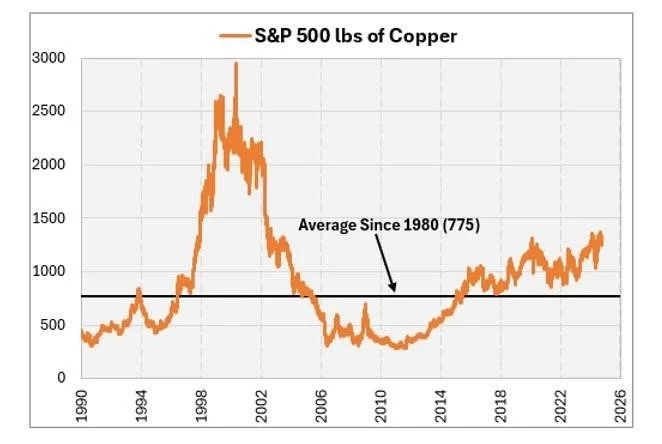Inflation erodes the purchasing power of money over time․ Therefore, finding investments that outpace inflation is crucial for preserving and growing wealth․ Historically, several asset classes have demonstrated the ability to beat inflation, offering investors potential protection against rising prices․
Equities
Over the long term, stocks have generally outperformed inflation․ Companies can adjust prices to keep up with rising costs, which translates to potential growth in earnings and share prices․ However, stock markets can be volatile in the short term, and careful selection and diversification are essential․
Real Estate
Real estate has historically been a strong inflation hedge․ Property values and rental income tend to rise with inflation․ Real estate investment trusts (REITs) offer a convenient way to invest in real estate without directly owning properties․ REITs typically distribute a significant portion of their income as dividends, providing a potential income stream that can keep pace with inflation․
Commodities
Commodities, such as oil, gold, and agricultural products, can act as a natural inflation hedge․ As prices rise, the value of these commodities tends to increase as well․ Investing in commodities can be done through futures contracts, ETFs, or by investing in companies involved in the production and distribution of commodities․ However, commodity prices can be volatile, and investing in this asset class requires careful consideration of market conditions․
Inflation-Protected Securities (TIPS)
TIPS are government bonds designed specifically to protect against inflation․ The principal of a TIPS bond adjusts with changes in the Consumer Price Index (CPI), ensuring that the investor’s purchasing power is maintained․ While TIPS offer inflation protection, their returns may be lower than other asset classes during periods of low inflation․
Other Considerations
- Diversification⁚ Spreading investments across different asset classes can help mitigate risk and potentially enhance returns․ A diversified portfolio may include a mix of stocks, bonds, real estate, commodities, and other assets․
- Investment Time Horizon⁚ Long-term investors are generally better positioned to withstand short-term market fluctuations and benefit from the potential for higher returns from assets like stocks and real estate․
- Risk Tolerance⁚ Different investments carry different levels of risk․ Investors should carefully consider their risk tolerance before making investment decisions․
- Professional Advice⁚ Consulting with a qualified financial advisor can provide personalized guidance and help investors develop an investment strategy that aligns with their individual goals and circumstances․
Historical Performance
It’s important to note that past performance is not indicative of future results․ While certain asset classes have historically outpaced inflation, there are no guarantees that they will continue to do so in the future․ Economic conditions, market cycles, and other factors can all influence investment returns․
Conclusion
Investing wisely during periods of inflation requires careful planning and consideration․ By understanding the historical performance of various asset classes and considering factors such as diversification, time horizon, and risk tolerance, investors can potentially protect and grow their wealth even when prices are rising․ Seeking professional advice can also be valuable in navigating the complexities of investing and developing a sound investment strategy․


